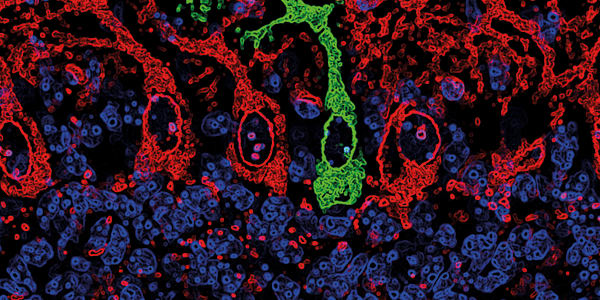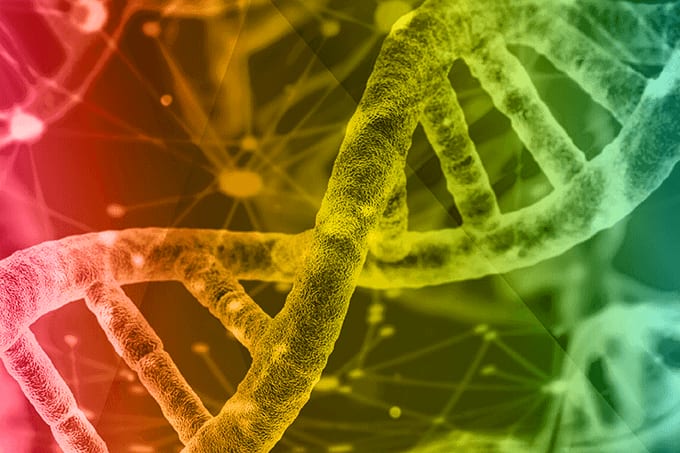
A group of Iranian researchers took a different approach: delving further into the proposed link between vitamin deficiency and schizophrenia (1). “Vitamin D deficiency is relatively prevalent across the world and is associated with several disorders, including depression. So we were interested in exploring its role in psychiatric health further,” explains Ahmad Esmaillzadeh, lead author of the study.
The team reviewed 19 studies that examined the blood of a total of 2,804 participants. Apparently, the work represents the first comprehensive meta-analysis of its kind and yielded unanticipated results. “We were very surprised by the significant 2.16 times increased risk of schizophrenia in vitamin D deficient individuals,” says Esmaillzadeh.
It has long been suspected that vitamin D levels may affect the developing brain, and low levels prenatally may predispose to schizophrenia (2). Deficiency during development has also been suggested as a possible explanation for the varying incidences of schizophrenia in different populations – such as people born at different times of year or in different latitudes. Esmaillzadeh says that the next step for his team will be to trial vitamin D supplementation in people with schizophrenia, as well as investigating maternal and neonatal serum vitamin D in relation to the condition in later life.
References
- G. Valipour et al., “Serum Vitamin D Levels in Relation to Schizophrenia: a Systematic Review and Meta-Analysis of Observational Studies”, J. Clin. Endocrinol. Metab. (2014). [Epub ahead of print]. J. J. McGrath et al., “Developmental Vitamin D Deficiency and Risk of Schizophrenia: a 10 Year Update”, Schizophr. Bull., 36, 1073-78 (2010).




